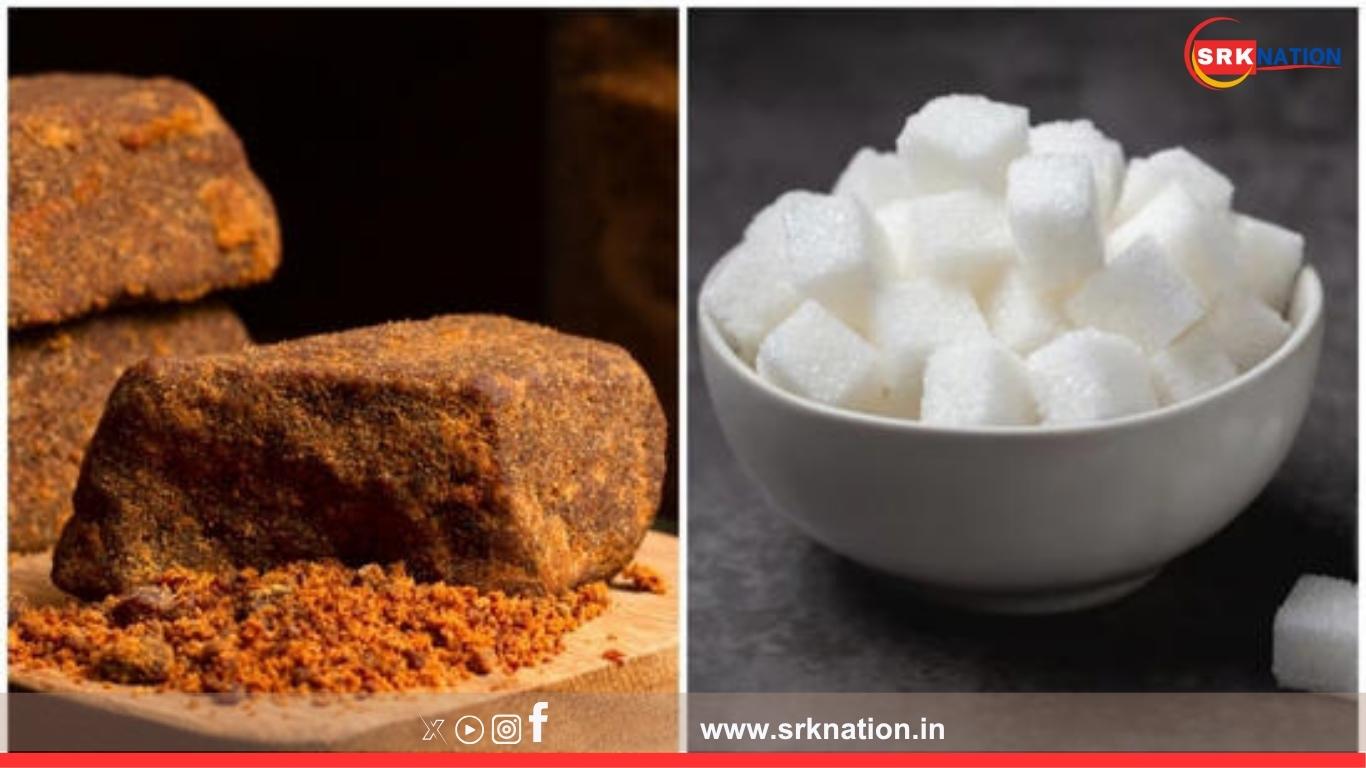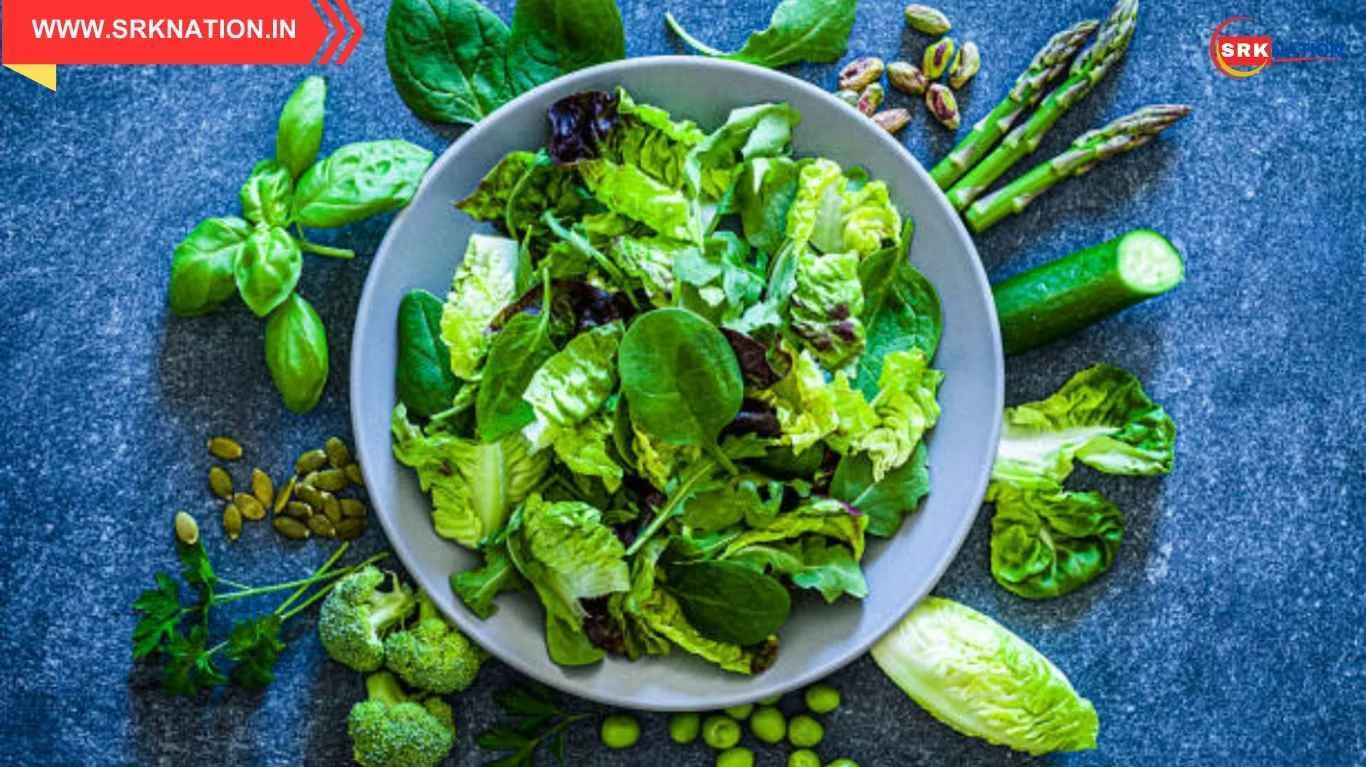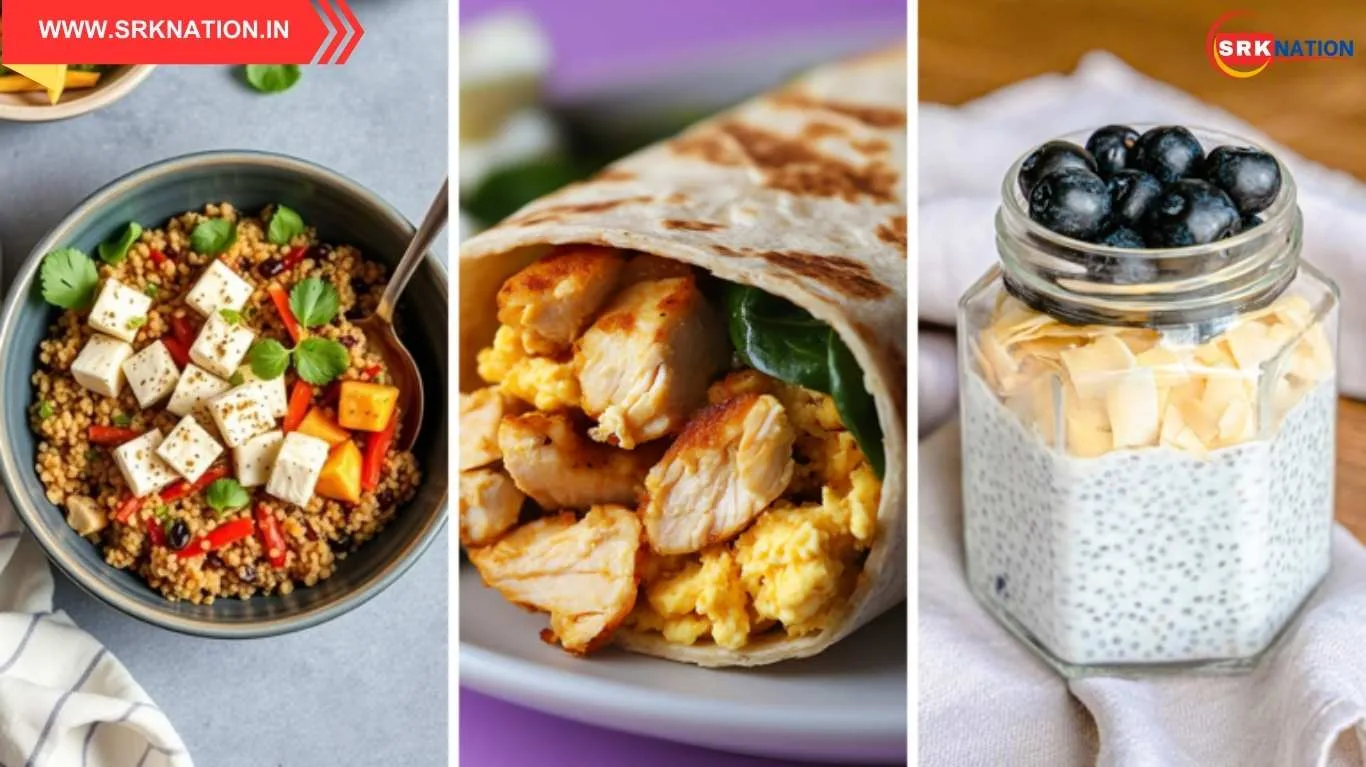As more people turn to natural alternatives in their diets, jaggery has emerged as a popular substitute for refined sugar. But is it truly the healthier option? Health coach Karan Sarin offers a nuanced perspective, cautioning that while jaggery may seem better on the surface, it’s still sugar at its core and must be consumed in strict moderation.
🍯 Jaggery vs Sugar: What’s the Difference?
Jaggery, often called “medicinal sugar,” is unrefined and retains trace minerals like iron, potassium, and magnesium, unlike white sugar which is nearly pure sucrose. This has earned jaggery a “health halo” in many Indian households.
However, Sarin warns that jaggery is still 65–90% sucrose, and calorie-wise, it’s nearly identical to white sugar.
“For anyone dealing with insulin resistance, diabetes, or simply trying to protect metabolic health, jaggery is not a free pass,” he said.
📈 The Glycemic Index Surprise
While many assume jaggery is gentler on blood sugar, Sarin’s own glucose monitoring revealed that jaggery can spike blood sugar even faster than refined sugar, with a glycemic index (GI) of around 84, compared to sugar’s GI of 65.
⚠️ The Bottom Line: Moderation Is Key
Despite its trace nutrients and traditional appeal, jaggery is still a calorie-dense sweetener. Experts recommend limiting all added sugars—whether white, brown, or unrefined—to maintain metabolic health and prevent lifestyle diseases like type 2 diabetes and obesity.
Stay tuned for more expert-backed nutrition insights.











